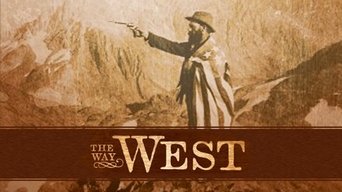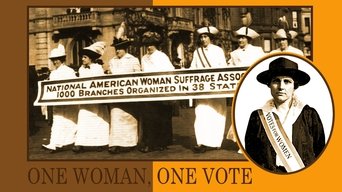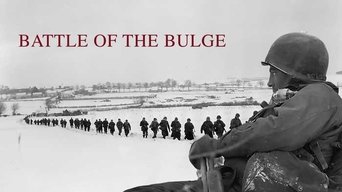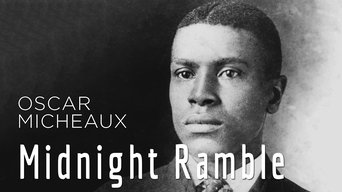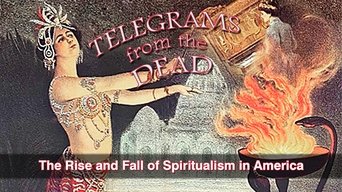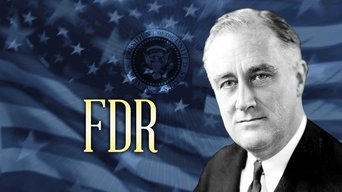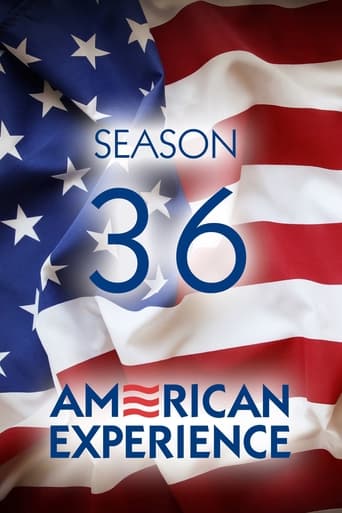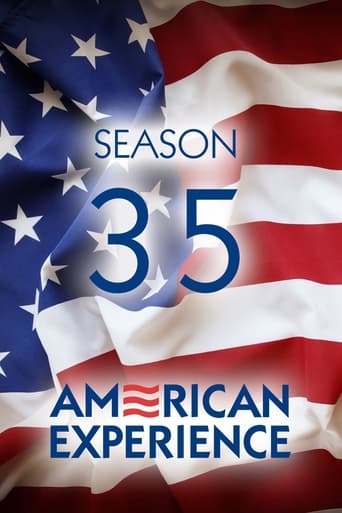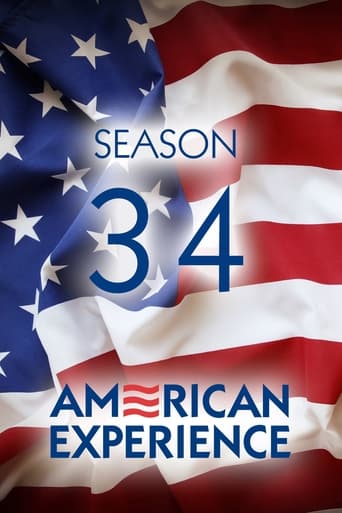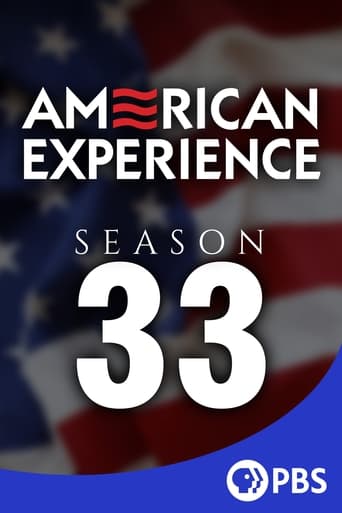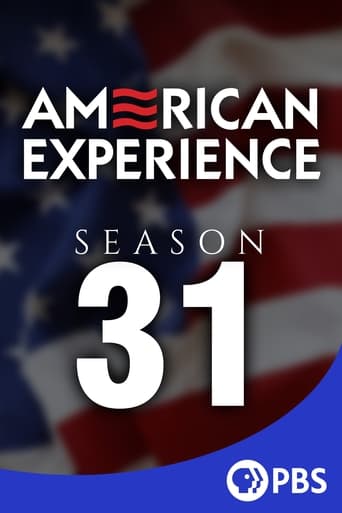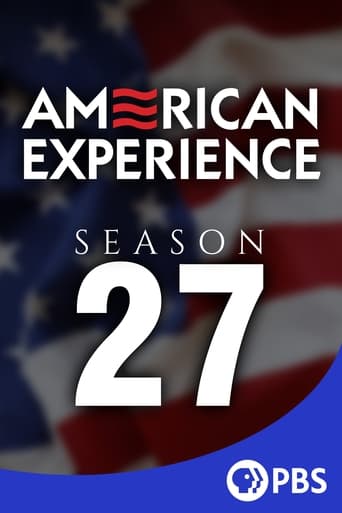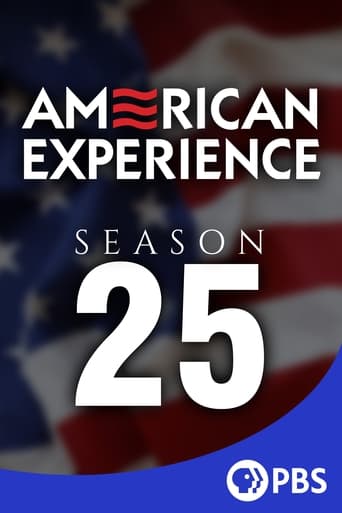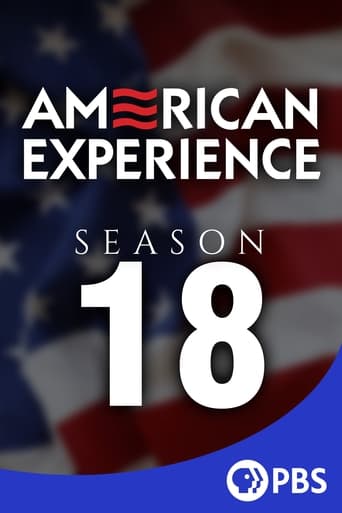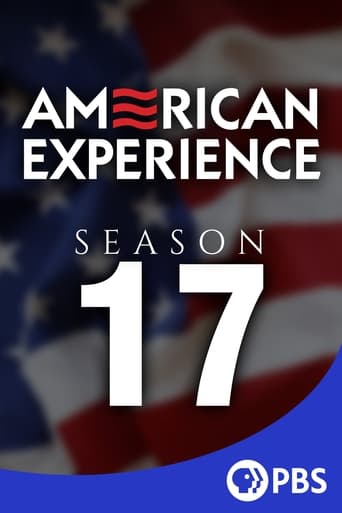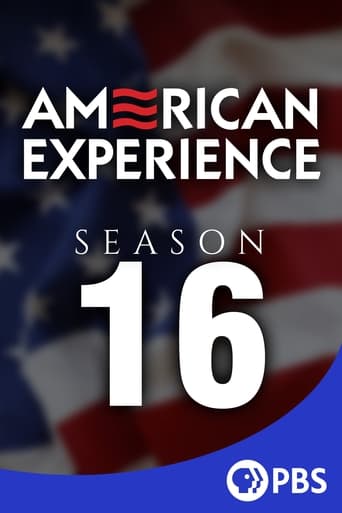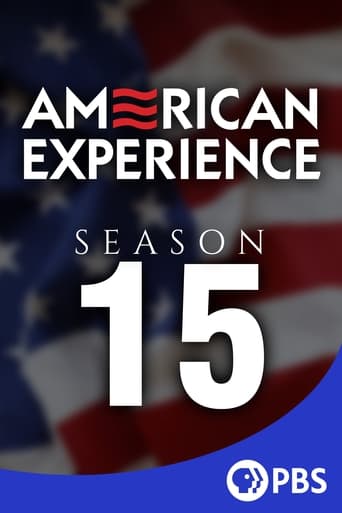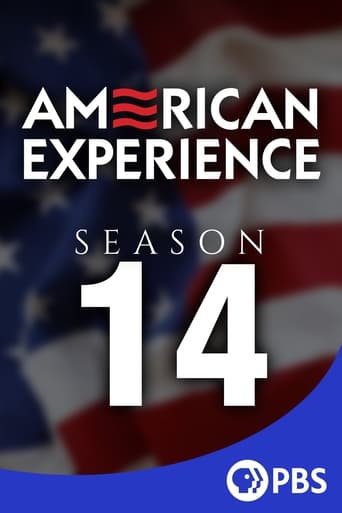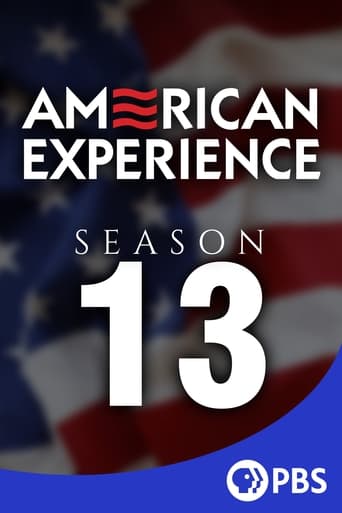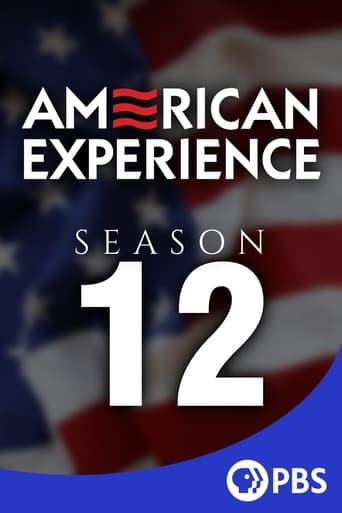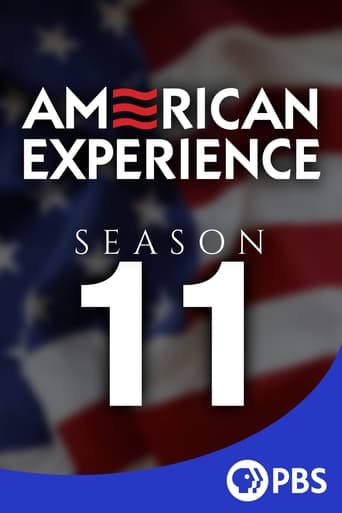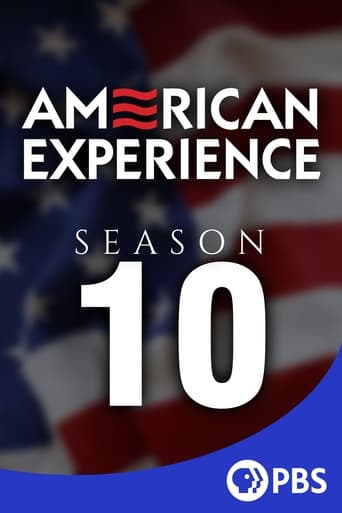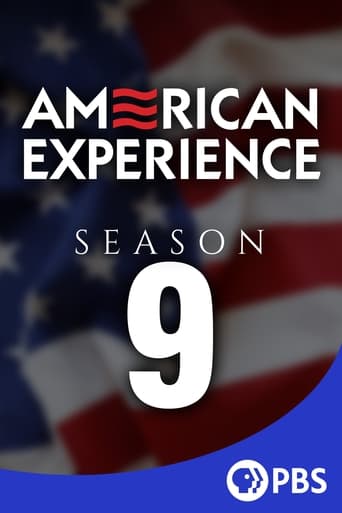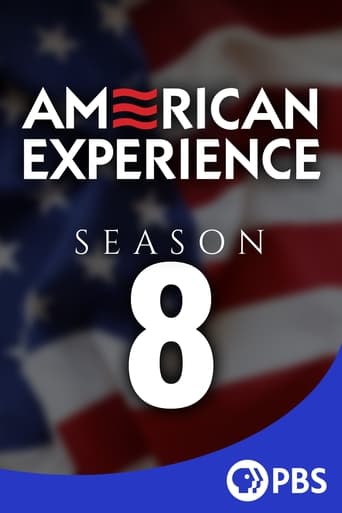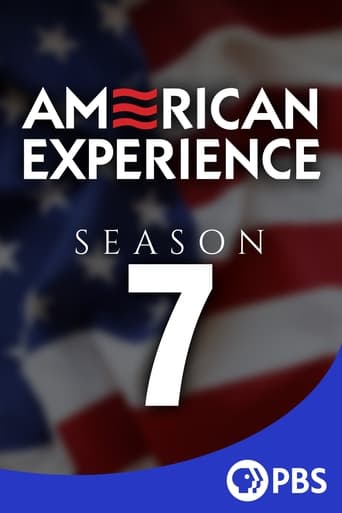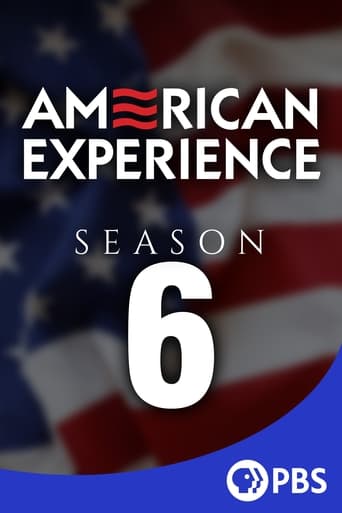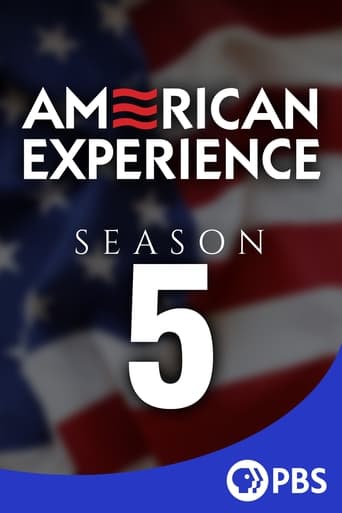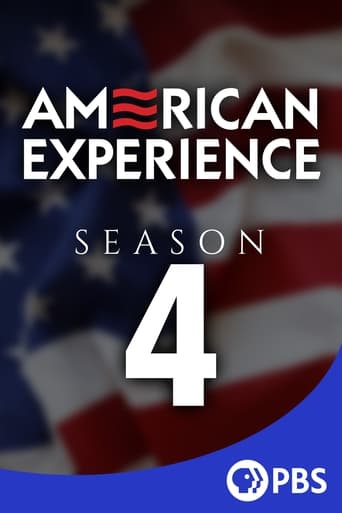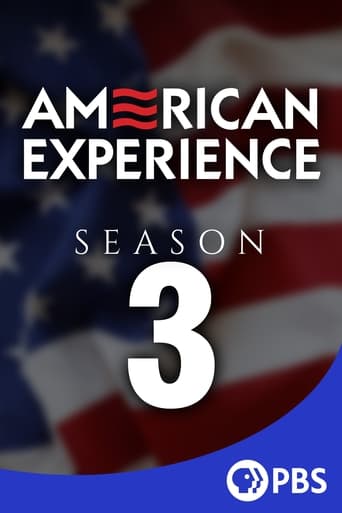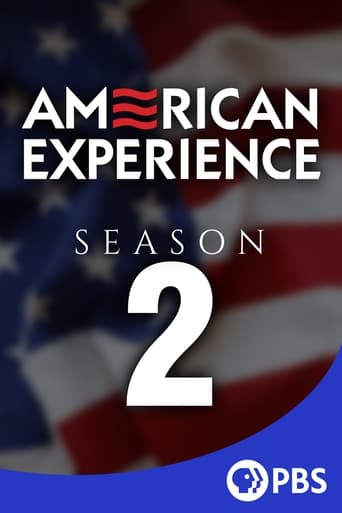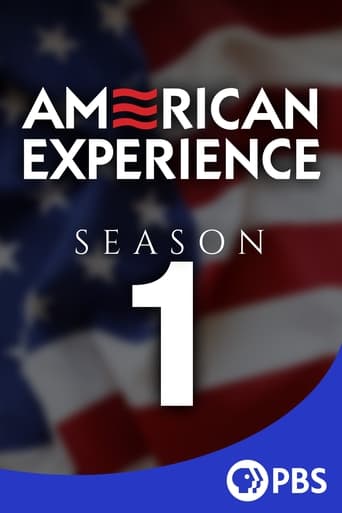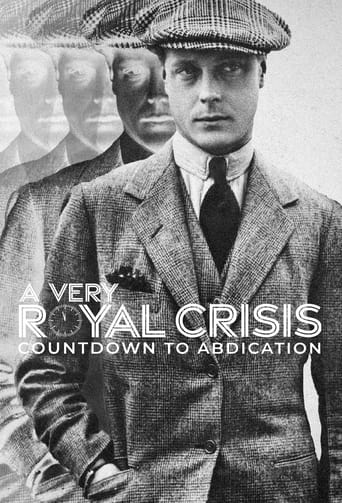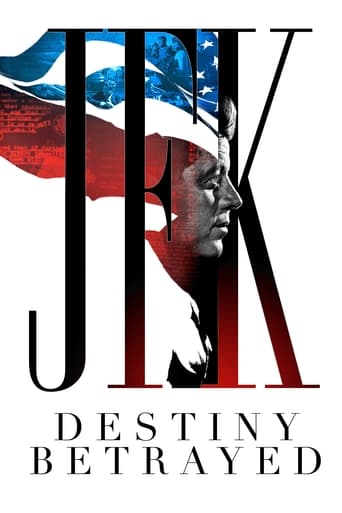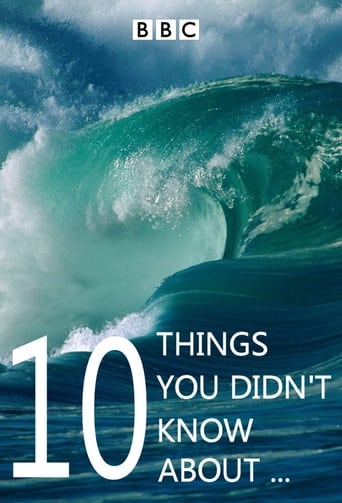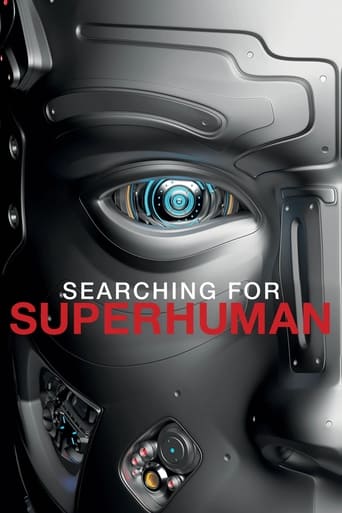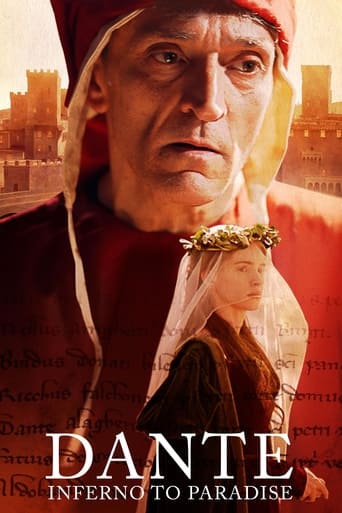American Experience Season 7
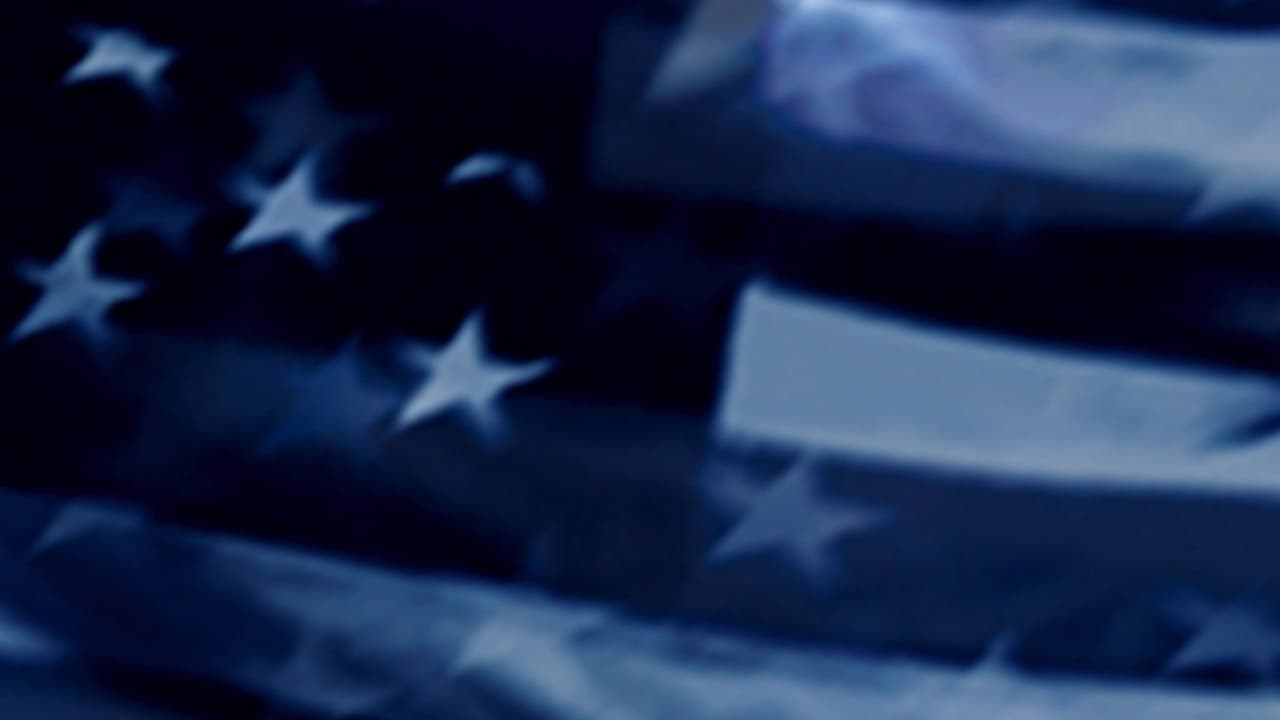
TV's most-watched history series brings to life the compelling stories from our past that inform our understanding of the world today.
Watch NowWith 30 Day Free Trial!
American Experience
1988 / TV-PG

TV's most-watched history series brings to life the compelling stories from our past that inform our understanding of the world today.
Watch Trailer
American Experience Season 7 Full Episode Guide
A six-hour documentary of how the West was lost and won, from the time of the Gold Rush in 1848 until after the last gasp of the Indian Wars at Wounded Knee in 1893, when the West was settled, subdued, exploited and incorporated into the American empire. Lakotas, Cheyennes, Kiowas, Poncas, Apaches, Nez Perces and Utes fought back, then watched as everything they had was taken from them, their way of life all but destroyed.
A six-hour documentary of how the West was lost and won, from the time of the Gold Rush in 1848 until after the last gasp of the Indian Wars at Wounded Knee in 1893, when the West was settled, subdued, exploited and incorporated into the American empire. Lakotas, Cheyennes, Kiowas, Poncas, Apaches, Nez Perces and Utes fought back, then watched as everything they had was taken from them, their way of life all but destroyed.
A six-hour documentary of how the West was lost and won, from the time of the Gold Rush in 1848 until after the last gasp of the Indian Wars at Wounded Knee in 1893, when the West was settled, subdued, exploited and incorporated into the American empire. Lakotas, Cheyennes, Kiowas, Poncas, Apaches, Nez Perces and Utes fought back, then watched as everything they had was taken from them, their way of life all but destroyed.
A six-hour documentary of how the West was lost and won, from the time of the Gold Rush in 1848 until after the last gasp of the Indian Wars at Wounded Knee in 1893, when the West was settled, subdued, exploited and incorporated into the American empire. Lakotas, Cheyennes, Kiowas, Poncas, Apaches, Nez Perces and Utes fought back, then watched as everything they had was taken from them, their way of life all but destroyed.
From Elizabeth Cady Stanton's electrifying call to arms at Seneca Falls in 1848, to the last battle for passage of the Nineteenth Amendment in 1920, a recounting of the infighting, the alliances and betrayals, defeats and victories on the way to winning the right to vote. The struggle split the suffragist movement into two opposing forces: the militants who faced imprisonment and riots and those who argued for a quieter, more persuasive ways. Both tactics, it turned out, were needed.
From Elizabeth Cady Stanton's electrifying call to arms at Seneca Falls in 1848, to the last battle for passage of the Nineteenth Amendment in 1920, a recounting of the infighting, the alliances and betrayals, defeats and victories on the way to winning the right to vote. The struggle split the suffragist movement into two opposing forces: the militants who faced imprisonment and riots and those who argued for a quieter, more persuasive ways. Both tactics, it turned out, were needed.
The history of World War II's "Battle of the Bulge", when the German army launched a major surprise counteroffensive against the American forces that caught them almost completely off-guard, sweeping away major portions of the front line, pushing deep into the rear areas and causing tens of thousands of casualties before it was finally halted.
The little-known story of a black independent film industry that thrived outside of Hollywood and produced close to 500 feature movies for African American audiences between 1910 and 1940. Many race movies tackled some of the difficult social issues that confronted black urban society: alcoholism, crime, morality, class conflict, even racism and lynching, setting the stage for today's independent black cinema movement.
For 40 years, a new religion called spiritualism affected the nation as no other ever had. Abraham Lincoln, P.T. Barnum, Frederick Douglass, senators, and scientists argued over the discoveries of the spirit world as revealed through mediums. Congress debated whether to provide $40,000 to research the feasibility of using the new wireless technology to reach the other world. But by 1880, as one spectacular fraud after another was revealed, the movement began to fade.
The portrait of Franklin Delano Roosevelt concludes with his years as preside (1932 until his death in 1945), how he dealt with the Great Depression, and his link with Winston Churchill during World War II.
Free Trial Channels
Seasons




